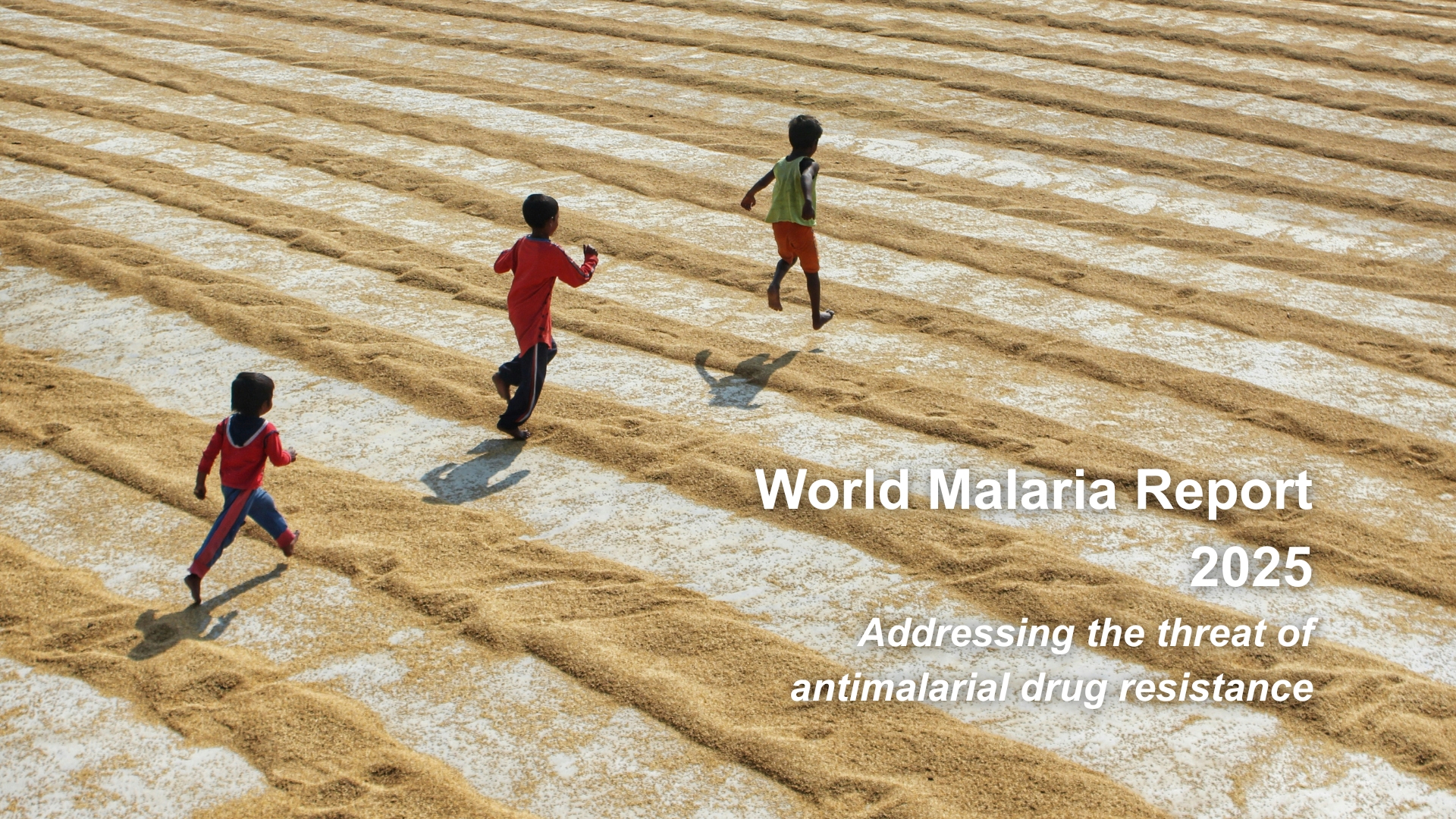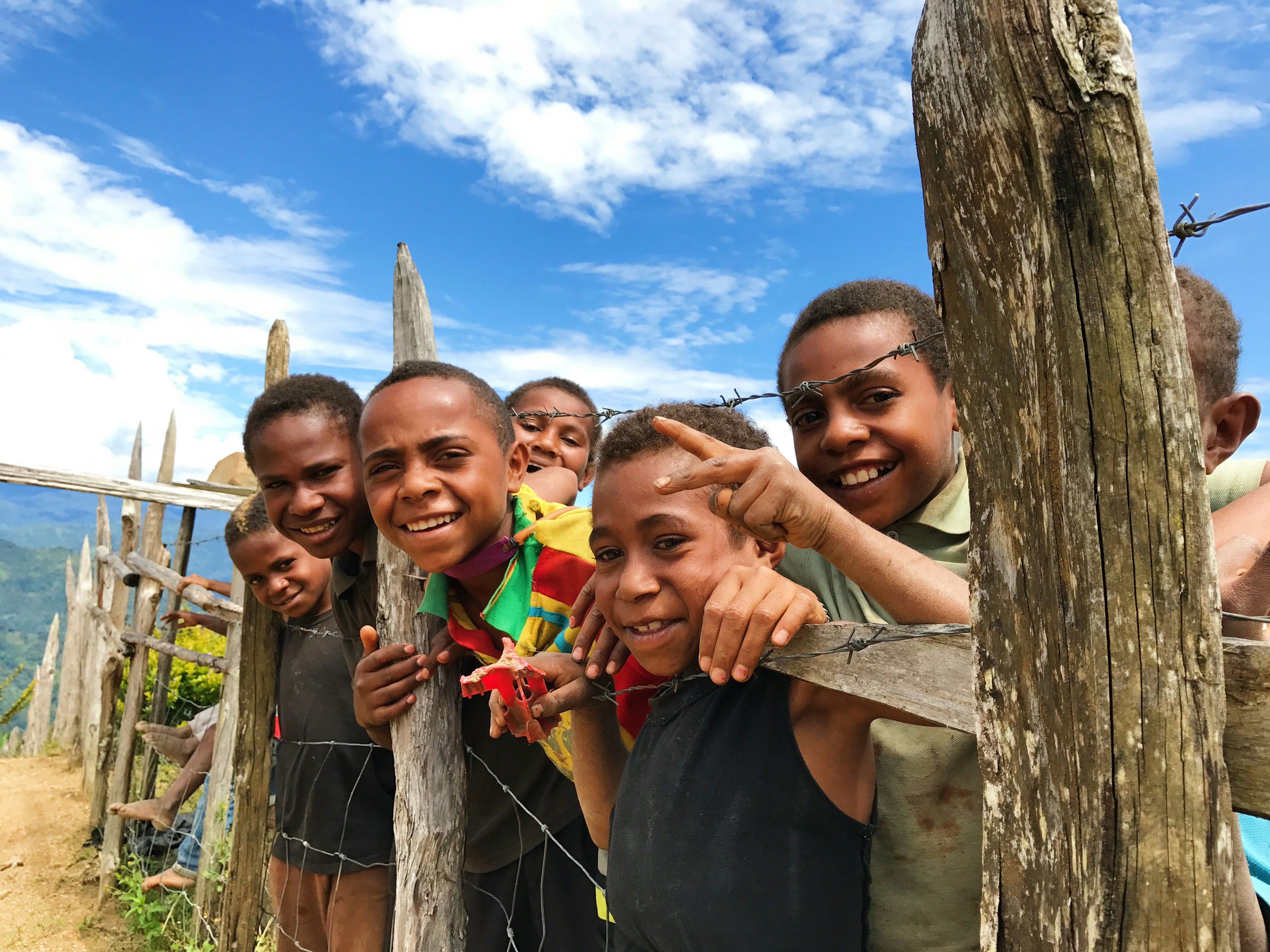
“Women are crucial for a resilient health system. When we promote their rights and empower them, we take a stride towards realizing health for all.” – Senator, Risa Hontiveros, Senate of the Philippines.
Manila, Philippines – To mark International Women’s Day, the Asia Pacific Leaders Malaria Alliance (APLMA) and Asia Pacific Malaria Elimination Network (APMEN) joined hands with Spark! Philippines, UN Women Asia Pacific to gather advocates and public health experts in the Philippines and Asia-Pacific and discuss gender and inequality as determinants of health.
#Women2020: Women in The Next Decade is Spark! Philippines’ campaign for gender equality. Two events under this campaign, #Women2020 Summit and #Women2020Conversations: Women and Public Health were held in Manila, Philippines.
On March 5, the #Women2020 Summit brought together many women’s rights advocates, human rights activists, civil society partners, and individuals from both public and private sectors to converse about significant issues that affect women’s active, effective, and productive participation in nation-building and global progress. High-level women’s rights advocates were present including Vice President Leni Robredo.
Ms. Marvi Rebueno-Trudeau, Deputy Executive Director of Pilipinas Shell Foundation (APMEN Partner Institution) highlighted the important contributions of women, from community workers, mother to leaders, in fighting malaria in the Philippines. The country is on track to eliminate malaria by 2030.
On March 10, the panel discussion #Women2020Conversations: Women and Public Health explored gender perspectives and best practices in different areas of public health, including policy development, program management and administration, human resource planning, service delivery, management information systems, and accountability.
Due to persistent social and gender inequality, girls and women experience increased risk of ill-health and injustice within the health sector, where they play dual roles as both consumers and providers of health care.
Panel experts and advocates included Hon. Risa Hontiveros, Senator of the Philippines, Dr. Gawrie Galappaththy, Expert on Malaria & Other Vector-Borne diseases, World Health Organization Philippines, Dr. Ruby Constantino, Director, Disease Prevention and Control Bureau, Department of Health Philippines, Ms. Marvi Rebueno-Trudeau, Ms. Charisse Jordan, National Project Officer, UN Women. The Panel was moderated by: Dr. Leilani S. Apostol-Nicodemus, Director of the Center for Gender & Women Studies, UP Manila.
The panel discussion highlighted the need to ensure women have a place at the centre of public health, and that gender equality must be at the core of achieving “Health for All.”[1]
To achieve equitable health outcomes, panellists argued that we need to focus on both biological differences as well as socially constructed norms and beliefs. They called for health personnel - especially the policy planners and implementers -to take into account how gender issues affect the health of women and men. Universal Health Coverage will not be achieved without addressing gender equality, women’s rights and the role of women in the health workforce.
The #Women2020Conversations: Women and Public Health is a collaboration of APLMA and APMEN with the University of the Philippines Manila College of Public Health and Center for Gender & Women Studies, and co-presented by the Austrian Embassy Manila, British Embassy Manila and Embassy of Sweden Manila.
Watch the Panel Discussion here: https://youtu.be/isr9Eile3qs
[1] WHO, Gender Equality must be at the core of “Health for All” https://www.who.int/mediacentre/news/statements/2018/gender-equality-health-for-all/en/
.svg)


.jpg)






